As Ukrainian, American, and European officials meet in London to discuss a U.S. peace plan that includes recognizing Russia’s illegal annexation of Crimea, experts warn that formally giving Crimea up to Russia would breach international law and potentially open the door for further global conflicts.
Other experts go further, saying the U.S. peace proposal — which also reportedly includes the de facto recognition of Russian-occupied Ukrainian territory and a ban on NATO membership for Ukraine, while asking little of the Kremlin in return — amounts to the U.S. rewarding Russia for its invasion and Ukraine's capitulation.
“This isn't negotiation, this is surrender,” said Aaron Gasch Burnett, security expert and senior fellow at Democratic Strategy Initiative.
“The Russians get everything they want,” he told the Kyiv Independent, adding that “the U.S. is essentially trying to negotiate Ukraine's surrender, and the U.S. is surrendering its own international leadership by doing it.”
Speaking to journalists on April 23, U.S. Vice President JD Vance called the plan “very fair,” before threatening both Russia and Ukraine to say yes to the proposal or the U.S. would walk away from negotiations.
Violating international law and undermining security
Russia illegally annexed Crimea in 2014 in the wake of the Euromaidan Revolution that was set off by then-President Viktor Yanukovych’s decision to pull out of an association agreement with the EU.
In response, the U.S. and 99 other member states in the United Nations General Assembly voted on a resolution declaring the annexation illegal.
Formally recognizing Russia’s illegal annexation now “would be a clear violation of international law,” said Stefan Wolff, professor of international security at the University of Birmingham.
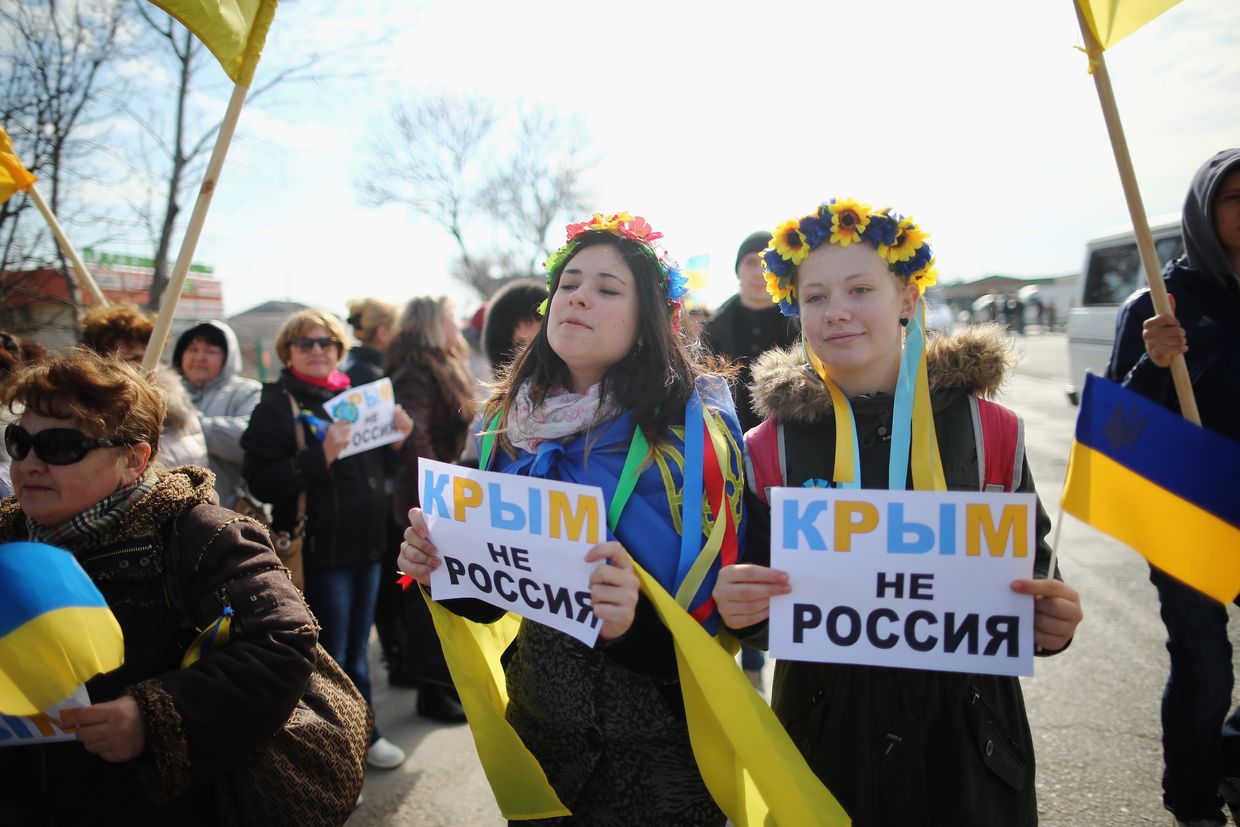
“It is unlikely that a majority of Ukraine’s remaining allies would follow suit, but other countries more closely aligned with Russia already might,” Wolff told the Kyiv Independent.
Leaving Crimea in Russia’s hands would “open up a can of worms on all kinds of potential global conflicts,” Burnett said.
“Authoritarians will learn that all they really have to do is invade their neighbor, stick it out, and then eventually they'll be rewarded for it — that imperialism pays,” he added.
Even if a cascading effect of other invasions and annexations as a result of the U.S. formally recognizing Crimea remains to be seen, several candidates could take Russia’s example like Venezuela with Guayana, Morocco with Western Sahara, Rwanda and the eastern DRC, Sudan or South Sudan and the Abyei territory, according to Wolff.
“Those countries might feel emboldened,” Wolff said. “But it doesn’t mean that they would necessarily get away with it because their neighbors, regional and global, might feel disinclined to tolerate such illegal land grabs.”
Ukraine’s neighbors in Europe also have the necessary resources to oppose the U.S. proposal, according to Burnett.
“If (the U.S. recognizes Crimea as Russian), that’s on Europe,” he said. “It will become an indictment of how far Europe has fallen if it agrees to this sort of deal.”
“(They could react by) increasing their own willingness to support Ukraine with military kit, with boots on the ground in some form, or most consequentially, in my view, to finally seize the $300 billion in frozen assets and transfer them to a compensation fund for Ukraine,” Burnett added.
Europe must finally take charge of its security — starting in Ukraine
It ended with a bang, not a whimper. By the close of this year’s Munich Security Conference, the old U.S.-led security order appeared to have changed unrecognizably. Now, as Russia’s full-scale war enters its fourth year and peace talks begin, without clarity on Europe’s or

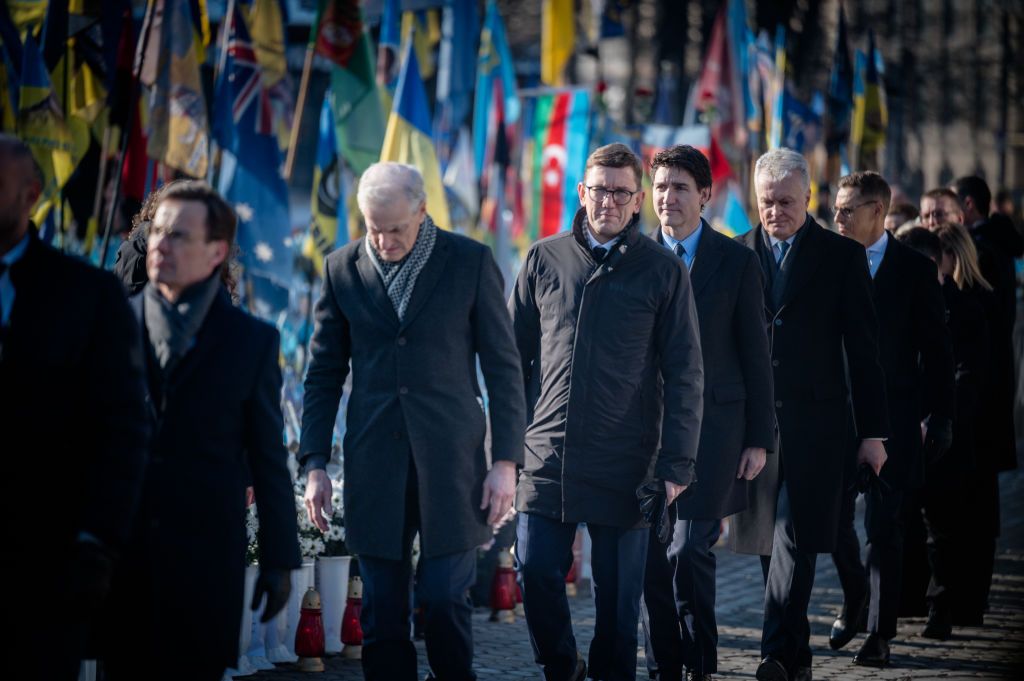
Weak negotiators
During his first term in office, U.S. President Donald Trump reaffirmed the U.S.’s opposition to Russia’s illegal annexation of Crimea by adopting the Crimea Declaration.
The declaration, issued by then-Secretary of State Mike Pompeo, stated that, “The United States rejects Russia’s attempted annexation of Crimea and pledges to maintain this policy until Ukraine’s territorial integrity is restored.”
Trump’s current plan to reverse the course upheld by his own previous administration and the international community appears less of a negotiating tactic than a capitulation to Russia’s demands, experts say.
“The idea that you would have both recognition of Crimea and no NATO for Ukraine on the table is ridiculous,” Burnett said.
“It may be different if the U.S. were offering (that Russia) can have Crimea, but the rest of Ukraine is coming into NATO. (At least) there would be actual negotiation happening there,” he added.
“The U.S. is not asking Russia to give up anything.”
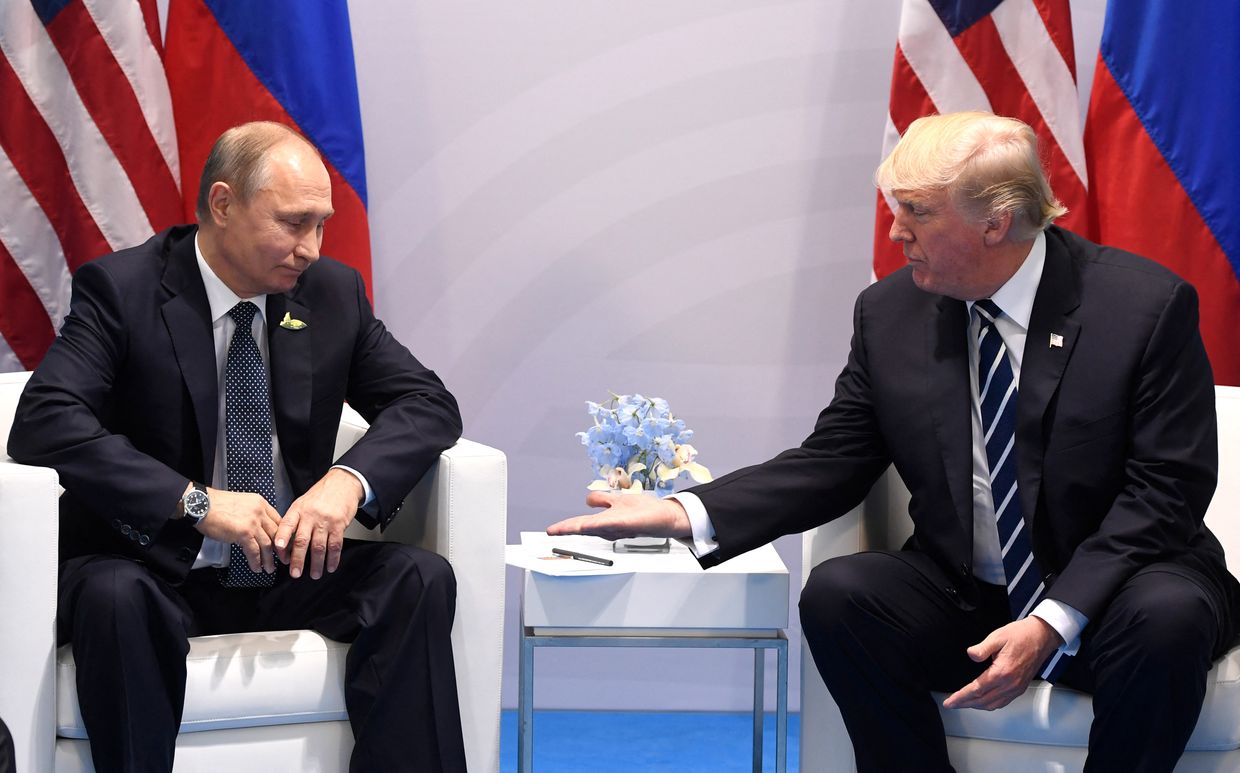
Experts say that a peace proposal that gives up too much to Russia sacrifices its international leadership by threatening its own interests, which include a peaceful, stable Europe.
“It would also be unprecedented in the sense that Washington would be siding with Russia to an extent that even Beijing has not,” Wolff said.
“All the sticks are for Ukraine, and carrots only exclusively for Putin,” said Oleksandr Merezhko, a top MP from President Volodymyr Zelensky's party. “It looks unfair, it looks ridiculous. As a result of this, Trump looks weak, definitely not strong, not great.”
“The only thing it really does is it signals to the world that America is keen to wash its hands off of this whole thing,” Burnett said.
Will Ukraine accept the recognition of Russia’s illegal annexation?
There is no constitutional mechanism for the Ukrainian government to accept a breach of territorial integrity, according to lawmakers. The Constitution of Ukraine says that issues of altering the territory of Ukraine, which legally includes Crimea, are to be resolved exclusively by nationwide referendum.
Recognizing Russia’s illegal annexation of Crimea is a highly unpopular decision among Ukrainians. Accepting the U.S. proposal would likely be political suicide for anyone in Ukrainian leadership.
“No Ukrainian government has a mandate to recognize Crimea as Russian.”
“Recognizing Crimea as Russian not only contradicts Ukraine’s official position — that it is a clear red line — and it would never be accepted by the Ukrainian people,” said Halyna Yanchenko, a Ukrainian lawmaker from President Volodymyr Zelensky's Servant of the People Party.
“No Ukrainian government has a mandate to recognize Crimea as Russian,” she told the Kyiv Independent. “There is simply no chance such a deal would pass a vote in Ukraine’s Parliament.”
Nariman Dzhelyal, deputy chairman of the Mejlis, a representative body of indigenous Crimean Tatars who have faced persecution by Russia in Crimea, said that Crimean Tatars have always supported Ukraine’s territorial integrity and European integration.
“The firm statements of our leadership about their intention to continue the struggle for the liberation of Crimea are the only thing that gives Ukrainian citizens in Crimea a sense of hope for the future,” Dzhelyal, former political prisoner who was released in an exchange in 2024 after three years in a Russian prison, told the Kyiv Independent.
Since the start of the full-scale Russian invasion, polls have shown that Ukrainians largely refuse to give up Crimea.
In March 2022, 80% of respondents in a poll by the independent group Rating said Ukraine should do everything possible to bring Crimea — and the Russian-occupied eastern Donbas — back under Ukraine’s control.
Some in Ukraine have grown to accept the idea of territorial concessions in exchange for peace over the course of the full-scale invasion. But according to a nationwide poll by the Kyiv International Institute of Sociology in 2024, no more than 32% of Ukrainians agreed to consider giving away some territories to Russia.
“Our people will not accept a frozen conflict disguised as peace. We will never recognize the occupation of Crimea,” said Yuliia Svyrydenko, Ukraine’s first deputy prime minister and economy minister, on April 23.
Chris York contributed reporting to this article.
Note from the author:
Hello, this is Natalia Yermak, the author of this piece. In our newsroom, it's "all hands on deck" in the days like this, when Ukraine's fate is decided on a global level. Your support is essential to our coverage – please consider supporting the Kyiv Independent by becoming a member. Thank you!
The 2014 annexation of Crimea — How Russia stole Ukraine’s peninsula
Russia seized Ukraine’s Crimean Peninsula in February 2014 amid the deadliest days of the EuroMaidan Revolution that eventually ousted Ukraine’s then-President Viktor Yanukovych. While Yanukovych’s pro-Russian regime was killing protesters in central Kyiv, around 30,000 Russian troops crossed into Crimea, taking hold of the 27,000-square-kilometer (10,400-square-mile) peninsula

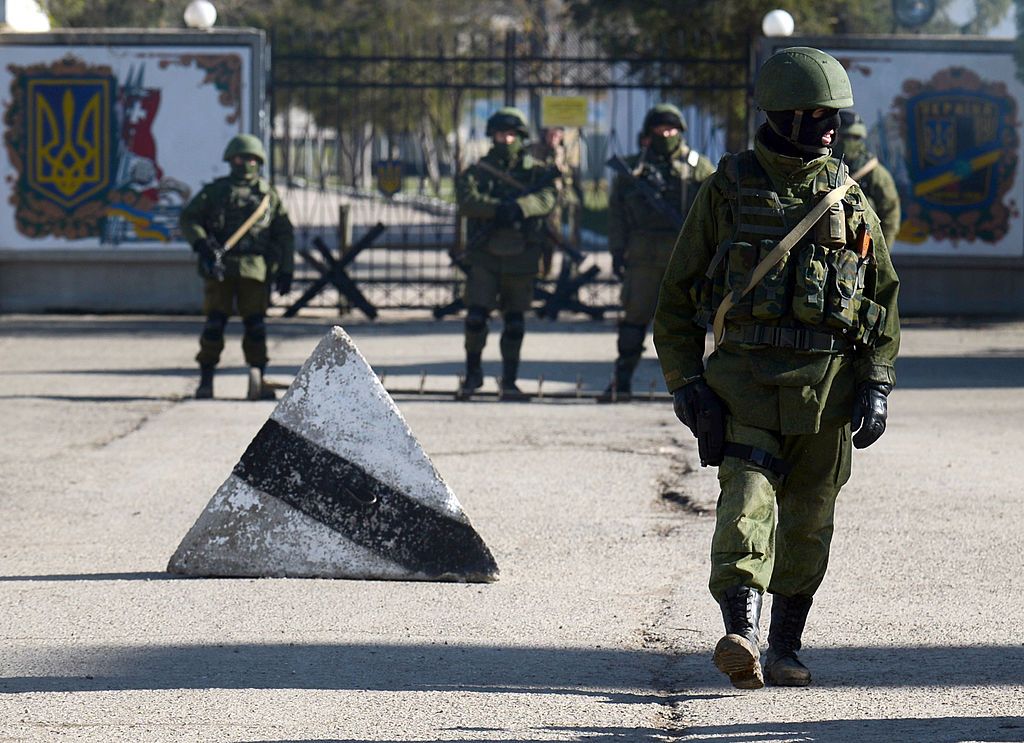
.png)
 German (DE)
German (DE)  English (US)
English (US)  Spanish (ES)
Spanish (ES)  French (FR)
French (FR)  Hindi (IN)
Hindi (IN)  Italian (IT)
Italian (IT)  Russian (RU)
Russian (RU)  5 hours ago
2
5 hours ago
2
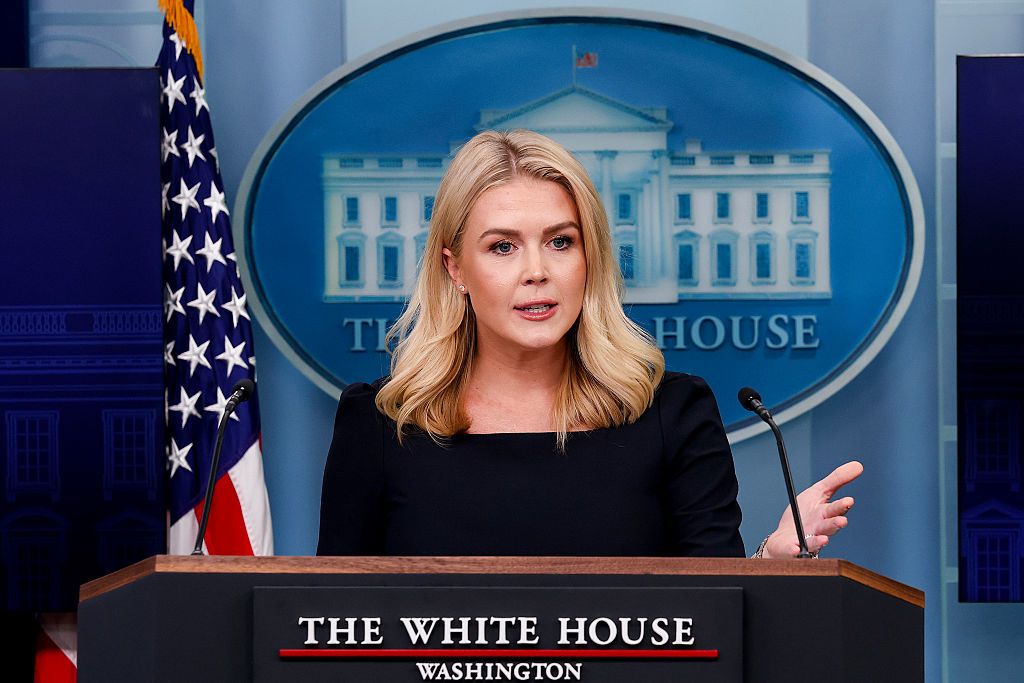
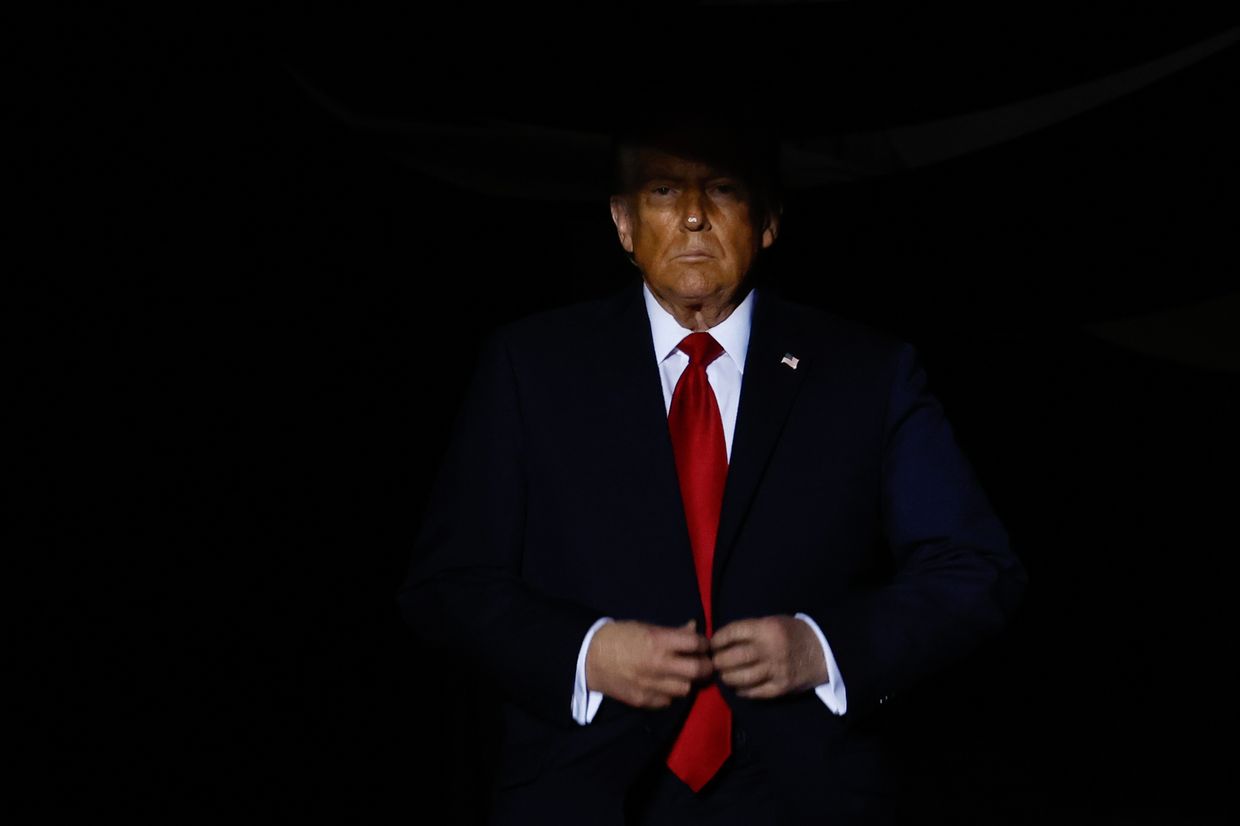
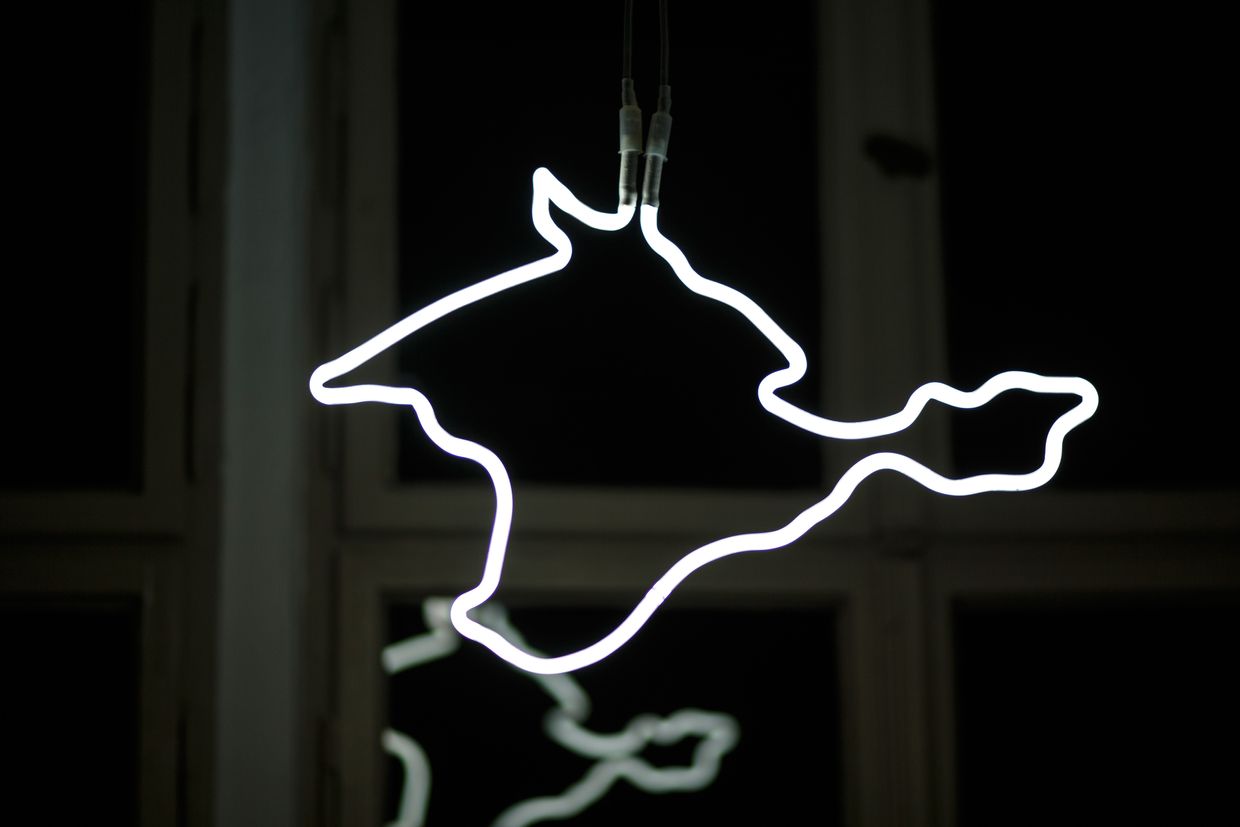
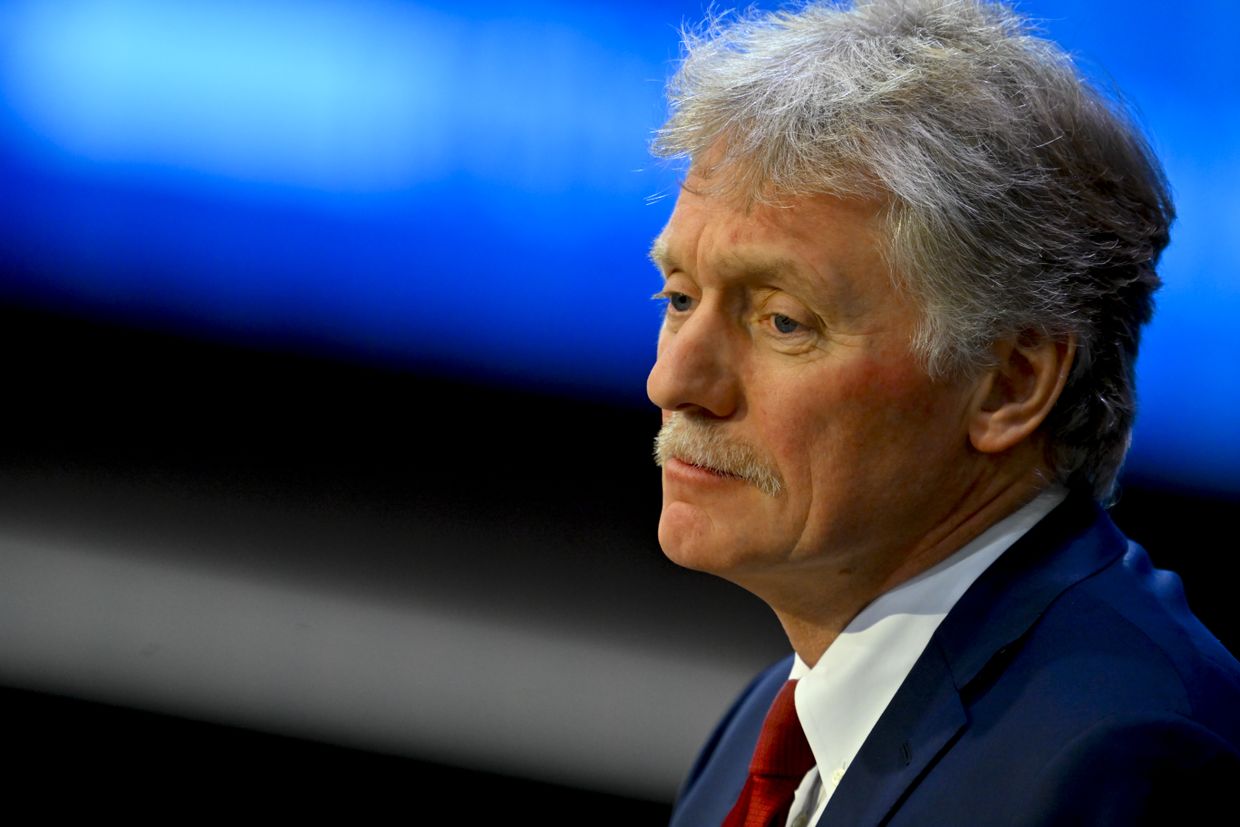





Comments